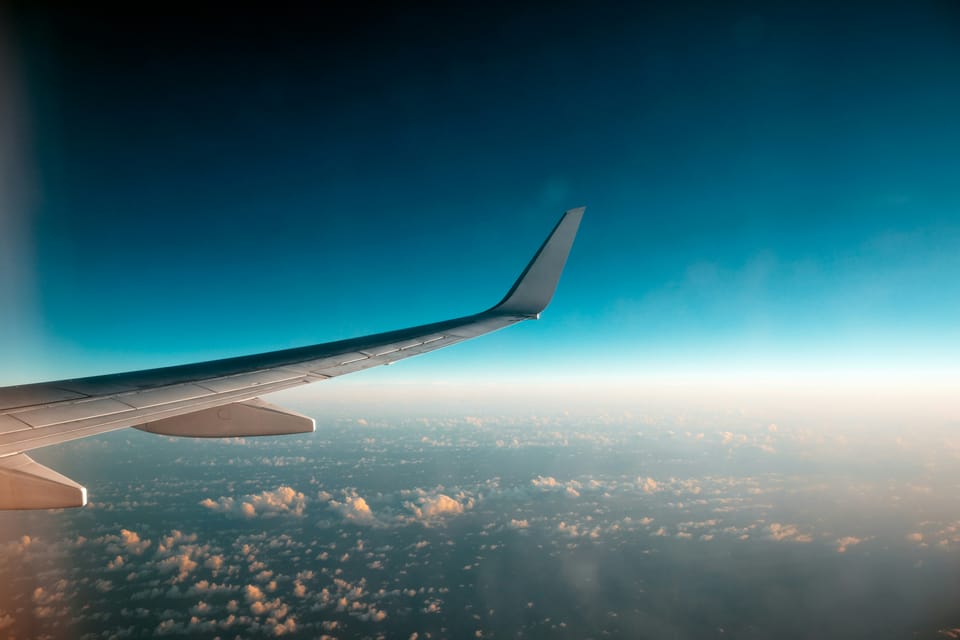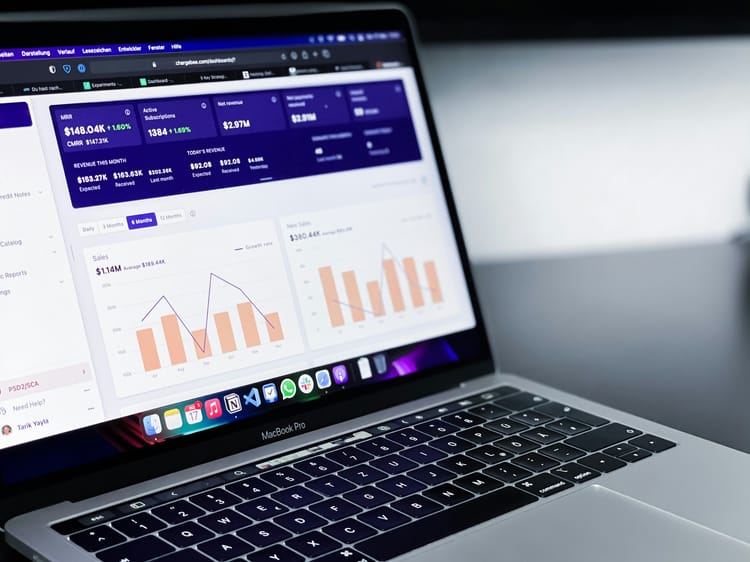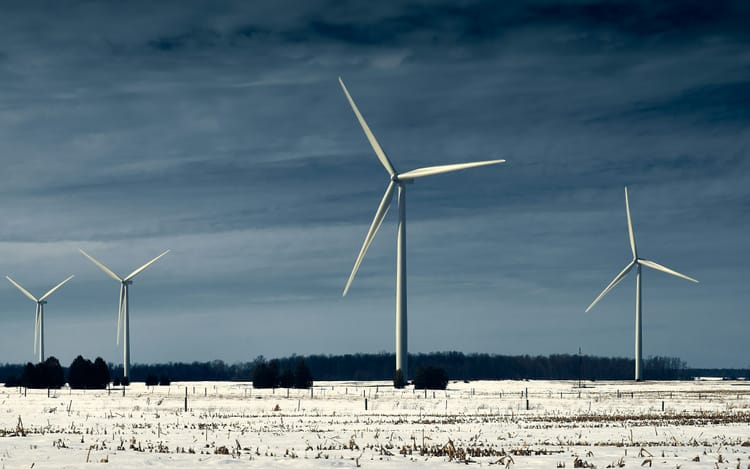Big business urged to set business travel targets as emissions inch towards pre-Covid 19 levels

The world’s top corporate flyers are being urged to set business travel targets, with data showing that their emissions are inching back towards pre-Covid-19 levels.
A report released today by the Travel Smart campaign shows that many multinational corporations still have no stated targets to reduce business travel emissions. These include Johnson & Johnson, Accenture, KPMG and Volkswagen, as well as many tech firms such as Microsoft, IBM, Meta, SAP, Netflix, Apple and Alphabet, Google’s parent company.
Most of these have achieved significant reductions in business travel emissions in recent years: SAP, for instance, led the campaign’s 2023 ranking with an 86% drop in travel carbon footprint between 2019 and 2022. In the same timeframe, Accenture cut these emissions by 81%, IBM by 68% and Microsoft and Apple by 65% each.
But in the past year, business travel emissions from these companies showed a year-on-year increase, suggesting that the drop observed in previous years may be due to remaining Covid-19 travel restrictions rather than meaningful changes in company policies.
Business travel emissions are increasing for companies without targets
For example, SAP’s business travel emissions grew by 28,600 tonnes in 2023, reaching 82,600 tonnes (still far below the pre-Covid number of 358,600 tonnes in 2019, but up from 2022). At Accenture, these emissions have increased consistently every year since the pandemic. In 2023, they reached 195,246 tonnes, up 47% from the previous year.
IBM, Microsoft, Apple and Google are yet to publish 2023 numbers, but Travel Smart warns that not setting targets puts these companies at risk of greenwashing: all of them have announced ambitious climate targets but are showing no commitment on the low-hanging fruit of business travel.
“By not setting targets, these top flyers risk quickly rebounding to pre-Covid levels of flying,” said the campaign, giving the example of Johnson & Johnson and Merck, both of which have already bounced back close to their 2019 levels of corporate travel, at only -28% and -17% respectively in 2022. In contrast, Pfizer, which has set a target, kept its 2022 emissions 78% below 2019 levels.
Business travel is arguably the easiest category of Scope 3 emissions to tackle, and recent data shows that when companies change their travel policies – favouring online meetings or trains over flights – it brings immediate decarbonisation gains.
Together, the 25 biggest corporate flyers are responsible for 36% of the global carbon footprint in this category. Collectively cutting their business flying in half would save the emissions equivalent of 3 million cars in a year (5.9 million tonnes of CO2 equivalent) – and achieve a third of the emissions reductions needed by 2025 from the 328 companies in the Travel Smart ranking.







Member discussion